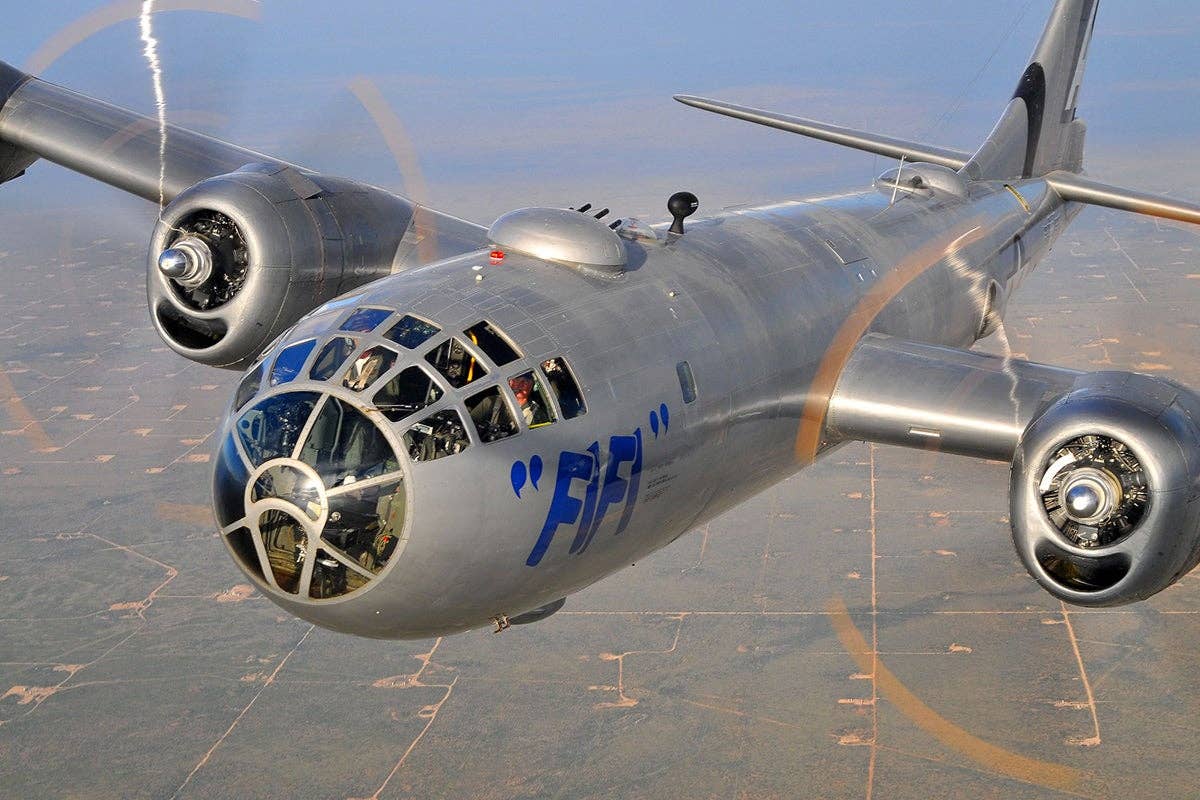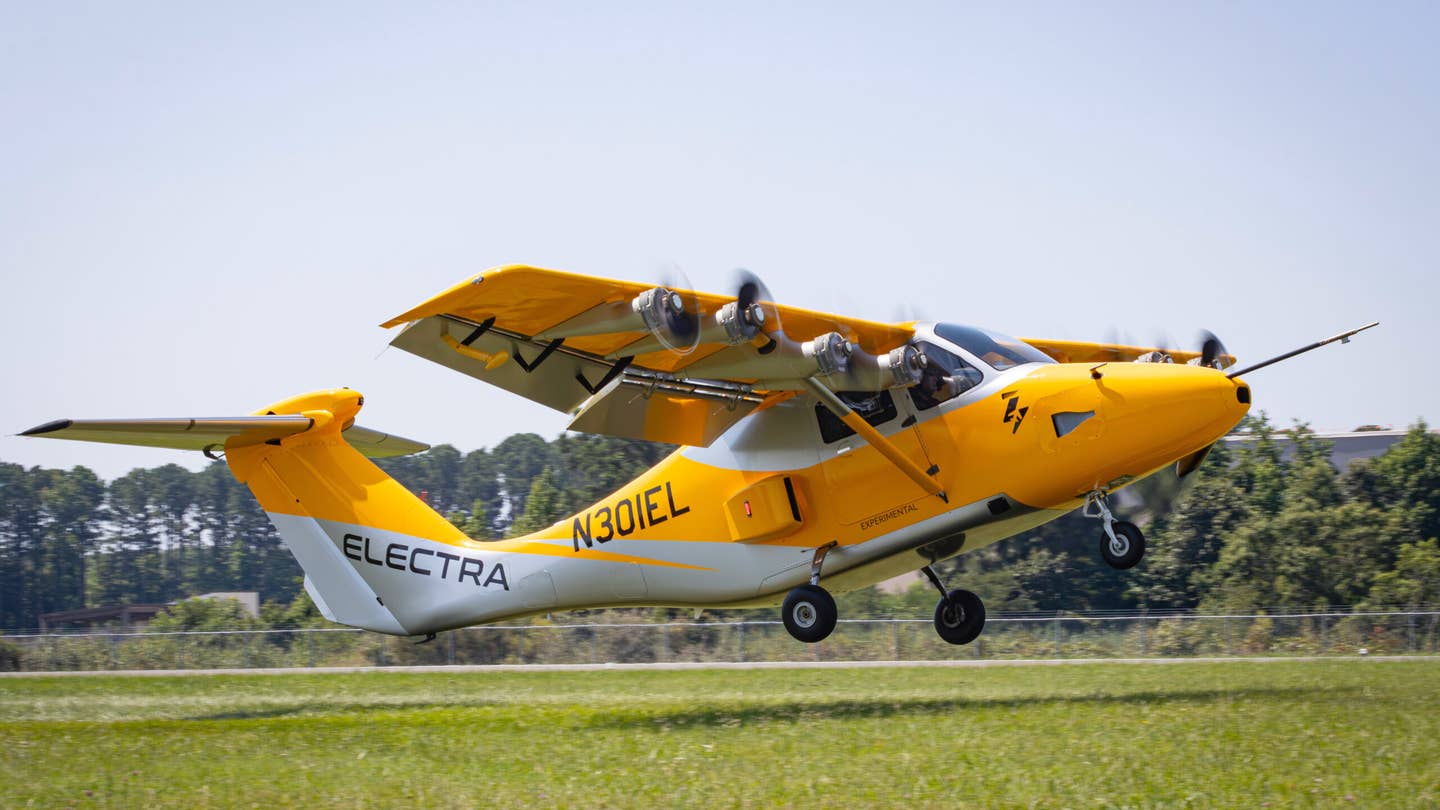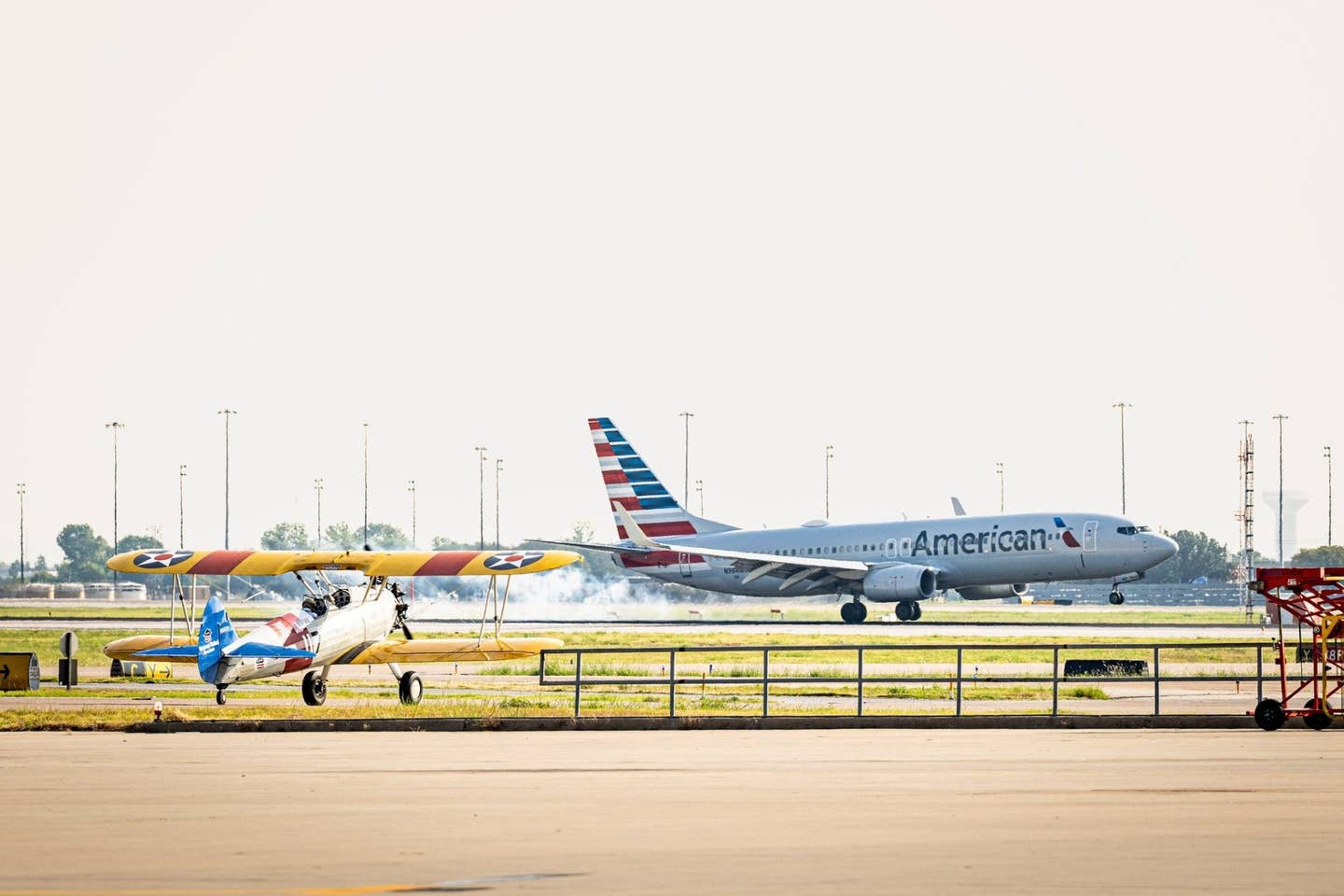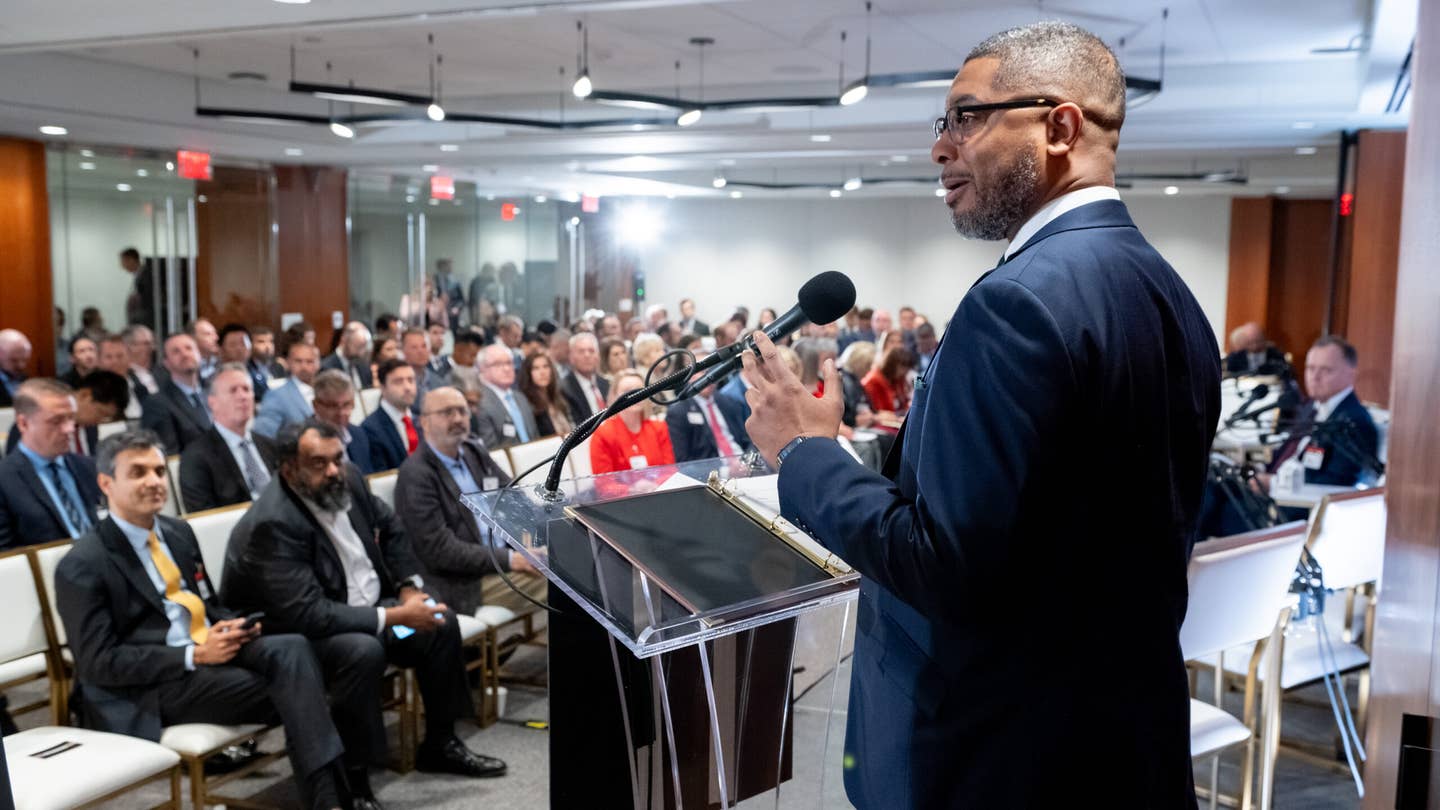Amazon Among 6 Participants in New U.K. Drone Trials
The United Kingdom’s Civil Aviation Authority will also study drones for infrastructure inspections, emergency services, and policing.
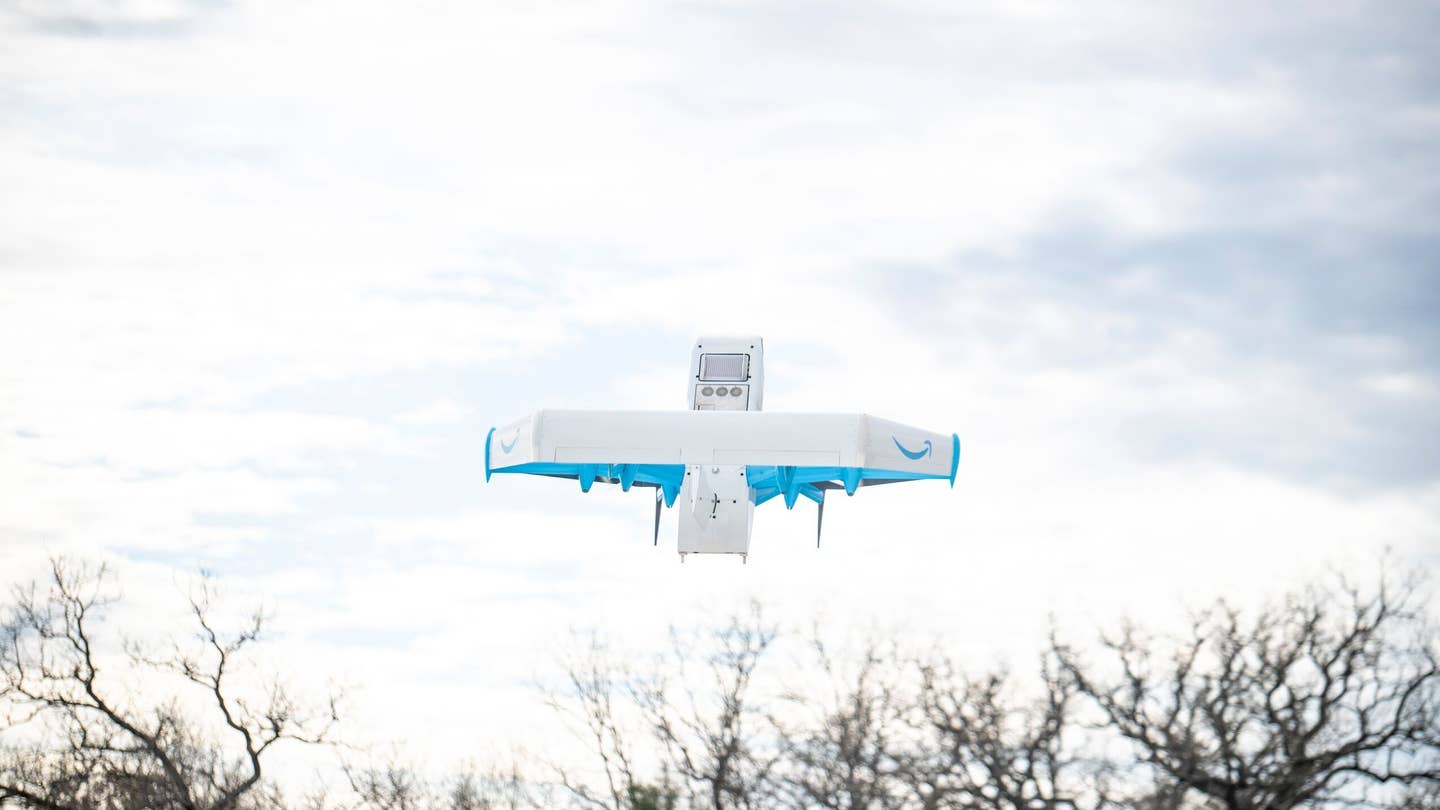
Amazon Prime Air delivery drones will be part of a new BVLOS drone trial in the U.K. [Courtesy: Amazon Prime Air]
The U.K.’s Civil Aviation Authority (CAA) is launching a series of trials to integrate drones into the country’s everyday life.
The CAA on Thursday announced it selected six projects that will test the self-flying aircraft’s use for delivery to consumers, infrastructure inspection, emergency services, and more. Prime Air, the drone delivery arm of Amazon flying in Texas, was one of the selections.
The trials will feature flights beyond the visual line of sight (BVLOS) of the drone operator, relying instead on detect and avoid and other technologies to navigate and avoid obstacles. Further permission will be needed before flights can begin, the CAA said.
The goal of the campaign is to collect safety data to better understand how the drones keep themselves detectable to operators and out of the path of other aircraft.
In March, the CAA published a blueprint laying out how drones could fly routinely in the next five years. The agency also facilitated six drone trials beginning in October of last year and oversaw a drone delivery project off the coast of Scotland conducted by the Royal Mail.
“These innovative trials mark a significant step forward in integrating drones safely into U.K. airspace,” said Sophie O’Sullivan, director of Future of Flight at the CAA. “By supporting projects ranging from consumer deliveries to critical infrastructure inspections, we are gathering essential data to shape future policies and regulations.”
Companies and organizations were invited to bid on their participation in what the CAA is calling innovation sandboxes. These controlled spaces—part of a collaboration with U.K. Research and Innovation—allow participants to test and mature their technology while helping the agency develop drone regulations.
Amazon Prime Air, which announced its ambition to expand to the U.K. last year, is one of the six projects in this round of trials. Another company, Airspection, will test drone inspections of offshore wind farms.
The rest of the participants are organizations or U.K. government agencies.
The National Police Air Service, for example, is looking to add drones to its fleet and will spend six months flying the aircraft BVLOS. NATS Services, meanwhile, will work with several partners to conduct BVLOS inspections over the North Sea.
Another participant, Project SATE (Sustainable Aviation Test Environment), aims to develop a drone hub-and-spoke route network in the Orkney Islands off the coast of Scotland. The final project, called LifeLine, will deliver critical medical supplies such as defibrillators and EpiPens and provide live camera feeds to first responders.
“These have the potential to transform how we deliver goods and provide services, particularly in less well-connected regions,” said Simon Masters, deputy director of U.K. Innovation and Research’s Future Flight Challenge. “These new sandbox projects are a great step towards realizing these ambitions.”
Like this story? We think you'll also like the Future of FLYING newsletter sent every Thursday afternoon. Sign up now.

Subscribe to Our Newsletter
Get the latest FLYING stories delivered directly to your inbox



